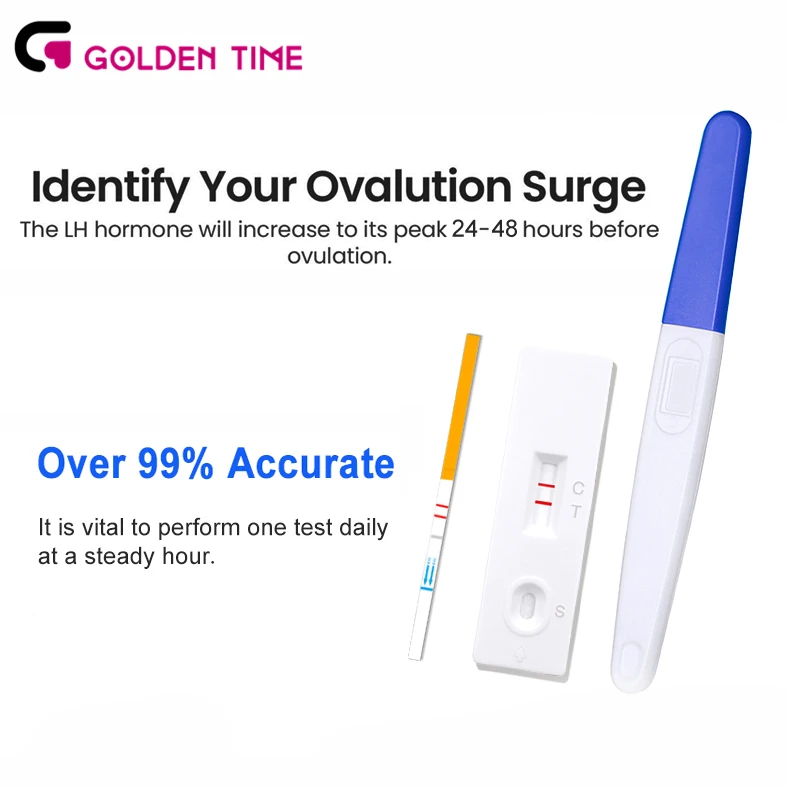Nov . 16, 2024 10:55 Back to list
buy hcv test cost suppliers
Understanding the Cost of HCV Testing A Guide for Buyers
Hepatitis C Virus (HCV) testing is a crucial step in diagnosing and managing this liver infection, which can lead to severe health complications if left untreated. As more individuals become aware of their need for HCV testing, understanding the costs and suppliers associated with these tests becomes increasingly important. This article will guide potential buyers through the factors affecting HCV test costs and how to find reliable suppliers.
Types of HCV Tests
Before delving into costs, it is essential to understand the types of HCV tests available
1. Antibody Tests These initial tests check for antibodies to the virus, indicating previous exposure. 2. NAT (Nucleic Acid Tests) These tests detect the actual virus in the blood and are used to confirm an active infection. 3. HCV Genotype Tests These tests determine the strain of the virus, which aids in treatment decisions.
Each test type may vary in cost, influencing the overall expense for individuals and healthcare providers.
Factors Affecting HCV Test Costs
1. Test Type The complexity and sensitivity of the test directly impact its cost. Initial antibody tests are generally less expensive than NAT. 2. Testing Location Costs can vary significantly based on where the test is conducted—hospitals, private laboratories, or specialty clinics. Urban areas may also see higher prices compared to rural settings. 3. Insurance Coverage Many insurance plans cover HCV testing, but coverage may vary significantly. It's crucial to check what is included in your plan to avoid unexpected costs. 4. Volume Discounts Healthcare institutions that purchase tests in bulk often receive discounts from suppliers. This could potentially lower costs for clinics that conduct high volumes of testing.
buy hcv test cost suppliers

Finding Reliable Suppliers
When looking for HCV test suppliers, consider the following steps
1. Research Approved Suppliers Start by checking for suppliers who are approved by health authorities or have certifications, such as ISO or CLIA. This ensures the tests meet safety and quality standards. 2. Compare Prices Different suppliers may offer competitive pricing. Be sure to obtain quotes from multiple sources and consider bulk purchase discounts if applicable.
3. Read Reviews Customer reviews and testimonials can give insights into the reliability and quality of the supplier's products and services.
4. Consult Healthcare Professionals Medical providers often have preferred suppliers they trust. Consult with your healthcare team for recommendations based on their experiences.
5. Check Return Policies and Support A reliable supplier should offer return policies for defective tests and have customer support in place for any inquiries.
Conclusion
The cost of HCV testing can vary based on numerous factors ranging from the type of test to the supplier chosen. For individuals and healthcare providers, understanding these factors is essential in making informed choices that align with budget and healthcare needs. By taking the time to research and compare suppliers, buyers can ensure they receive quality testing at a reasonable price, ultimately aiding in the effective management and treatment of Hepatitis C. With the right information, the path to testing and treatment can be clearer and more accessible.
-
Rapid Canine Corona Test: Fast & Accurate Results
NewsAug.06,2025
-
Rapid BZO Test Kit - Fast & Accurate Benzodiazepines Detection
NewsAug.04,2025
-
China Nylon Flocking Swabs - AI Enhanced Quality Collectors
NewsAug.03,2025
-
Highly Accurate hCG Pregnancy Test Strips - 5 Min Results
NewsAug.02,2025
-
Premium Empty ABS Plastic Cassettes: Durable & Lightweight Storage
NewsAug.01,2025
-
Accurate Cocaine (Coc) Rapid Test Kit | Fast & Reliable Detection
NewsJul.31,2025

